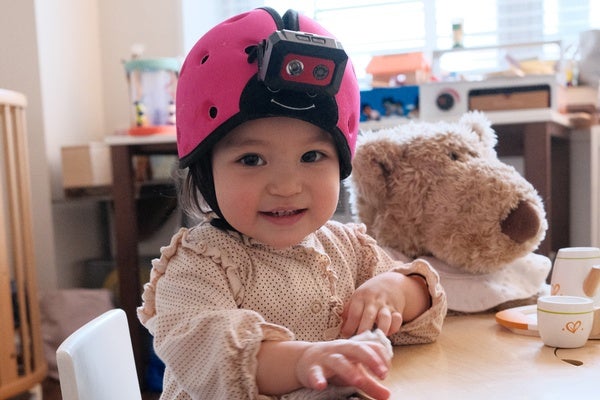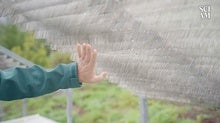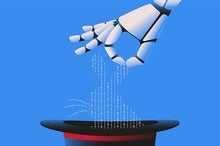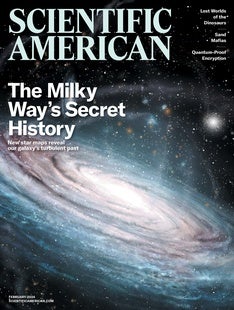|
 | |||||
| February 06, 2024 | |||||
| In a fascinating new study, researchers periodically strapped a camera to a kid named Sam as the child grew from six months to 25 months old. They fed the video data from Sam's cam to a basic AI model and showed that, based on a mere 61 hours of footage, the AI could successfully match words to their corresponding images. Read more about the implications of this study in this week's top story. Enjoy! | |||||
| |||||
 | |||||
| |||||
| |||||
| |||||
| |||||
| |||||
| |||||
| |||||
| |||||
| |||||
| |||||
| LATEST ISSUES | |||||
| |||||
| Download the Scientific American App | |||||
|
Scientific American
1 New York Plaza, FDR Dr, Floor 46, New York, NY 10004
















